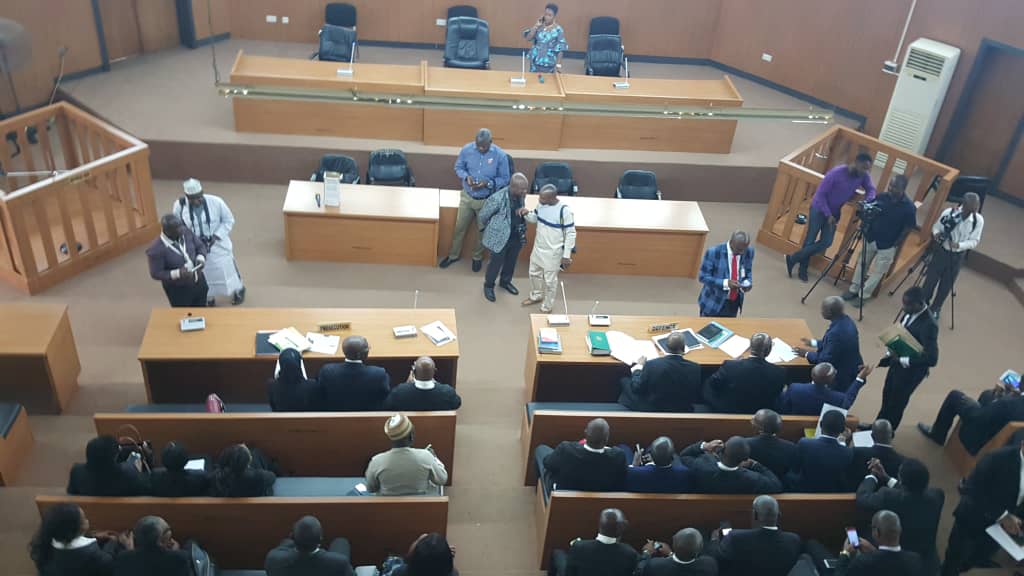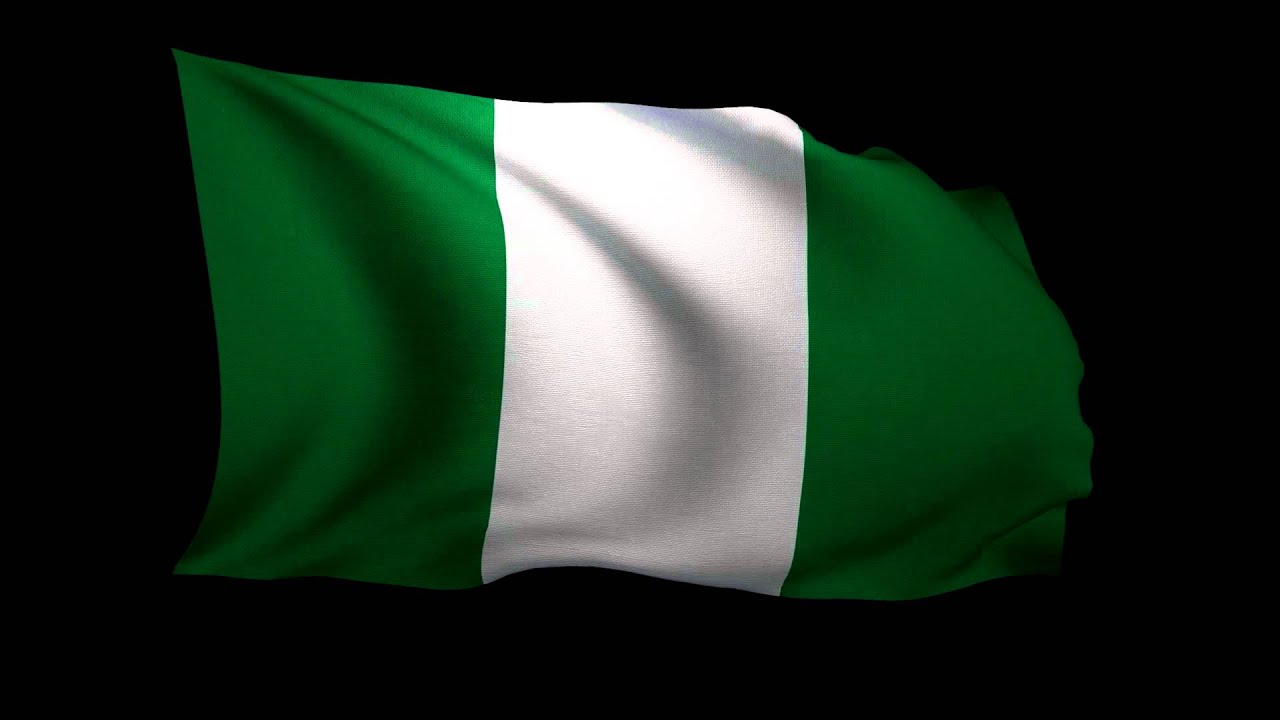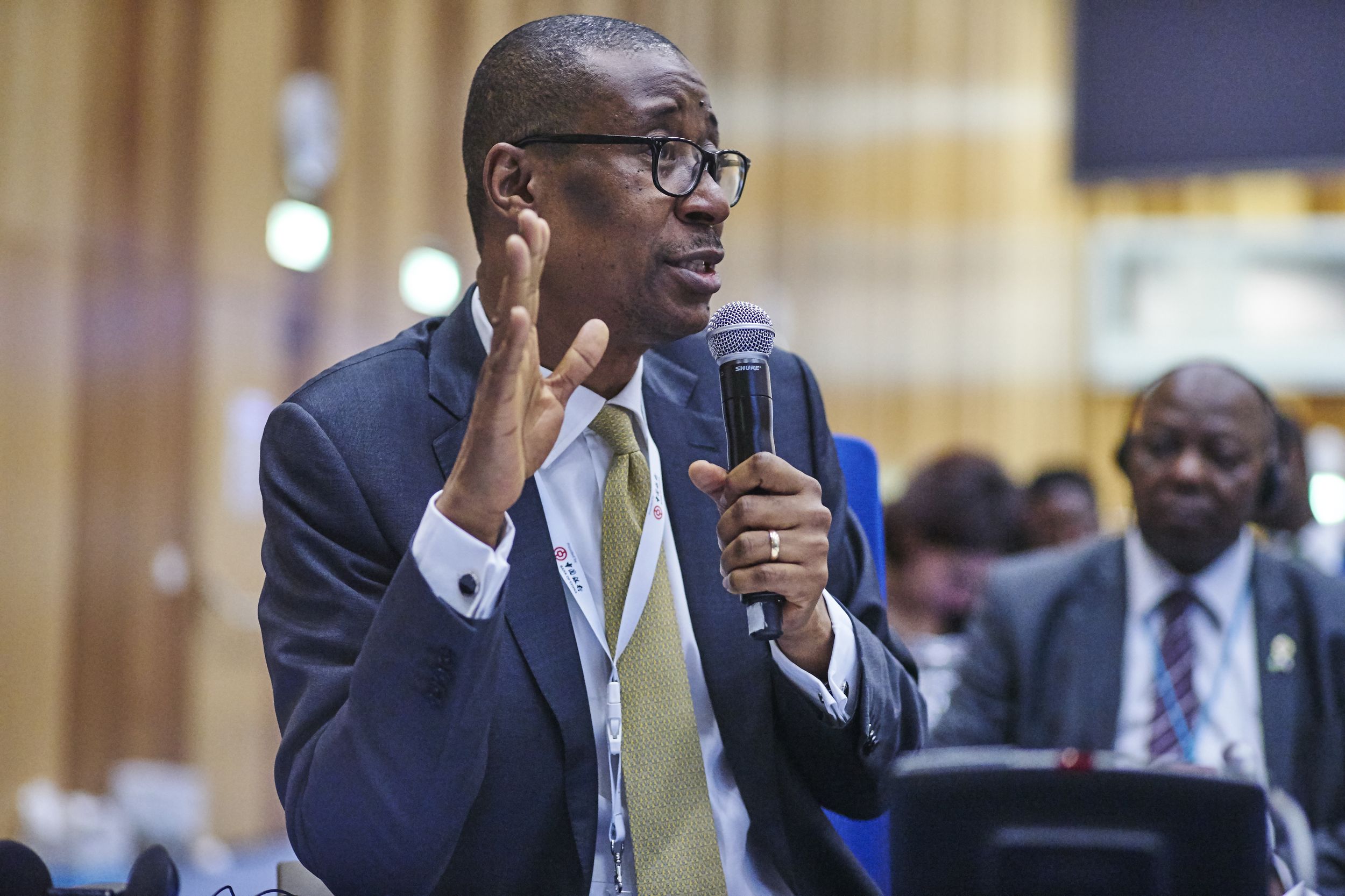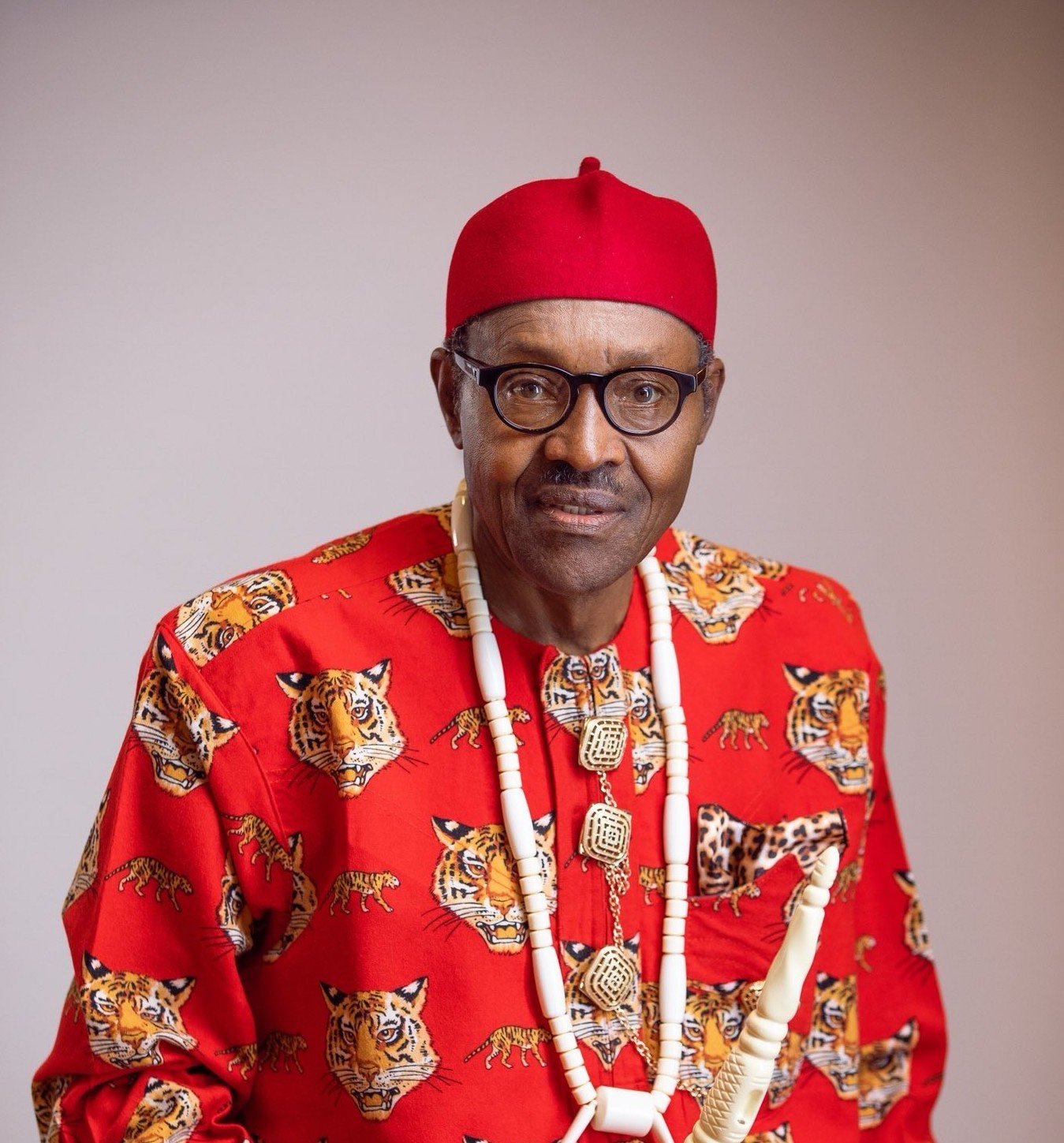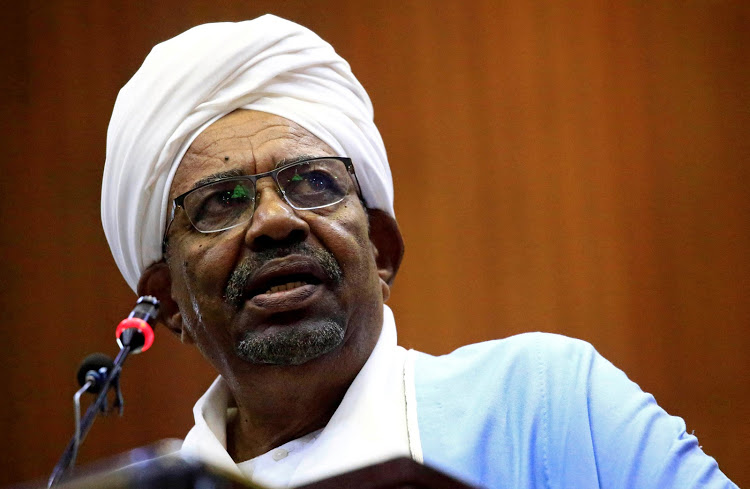On September 21, 2011, the hearing room of the Code of Conduct Tribunal was overflowing with lawyers, journalists and spectators. A “big masquerade” was expected to be huddled in the dock. It was Bola Ahmed Tinubu.
Tinubu was a leading figure of the opposition at the time. And it was really no news that he was a discomfort for the Jonathan government.
On that morning, Jagaban sauntered into the tribunal in his accustomed gait and fixed himself on a bench. Proceedings commenced with drama over whether he belonged in that humiliating cavity of the accused or in the bench of spectators. While the argument raged on, Tinubu stood up and walked into the dock. He sat in the chair, stretching out his legs and caressing his jaw as he moved his head intermittently.
That was it; the perfect picture of humiliation and “surrender”. And the next day, news headlines read, “Tinubu in the dock”.
Advertisement
However, the allegations of operating 10 foreign accounts while in office between 1999 and 2007 filed against him by the government were quashed three months later, November 30.
I believe, this case brought the CCT into the reckoning of most Nigerians and was an experiment in the deployment of that state institution for witch-hunt by the executive. Since the Tinubu trial, the CCT has ratcheted up pace in the trial of politically-exposed-persons.
On May 17, 2016, in the course of the trial of Senate President Bukola Saraki, the chairman of the tribunal, Danladi Umar revealed that he was under immense pressure to compromise in Tinubu’s case, but he said: “We did the right thing.”
Advertisement
Also, the tribunal dismissed the charges of false asset declaration brought against Saraki by the government after two years of a climactic legal battle. The acquittal of the senate president was unexpected because the trial itself was perceived to be political hounding. The outcome of this case was, perhaps, the biggest surprises of 2017 owing to the nasty fights between the executive, which was the accuser and the Saraki-led senate.
Really, studying the trials of Tinubu and Saraki, it is obvious that a political hand played the cards, but the CCT leadership did not surrender to the wheedling of this “mighty hand”. It will be hypocritical to commend the tribunal for its decisions, taken under tenuous circumstances in these previous cases, but condemn it for its decision in the case of Justice Onnoghen.
Although the federal government circumvented the law in bringing Onnoghen to trial, the case against the suspended chief justice is not without merit.
One thing is certain; the CCT is a nightmare for public officers, especially those with questionable acquisitions. Another thing is certain, the tribunal is not without influence or pressure to compromise in cases, but its integrity has not been faulted so far.
Advertisement
I think, the CCT is that heady executive “mercenary” which braves pressure to work according to its own conscience.
Fredrick is a media personality.
Twitter: @FredrickNwabufo
Advertisement
Views expressed by contributors are strictly personal and not of TheCable.
Add a comment

